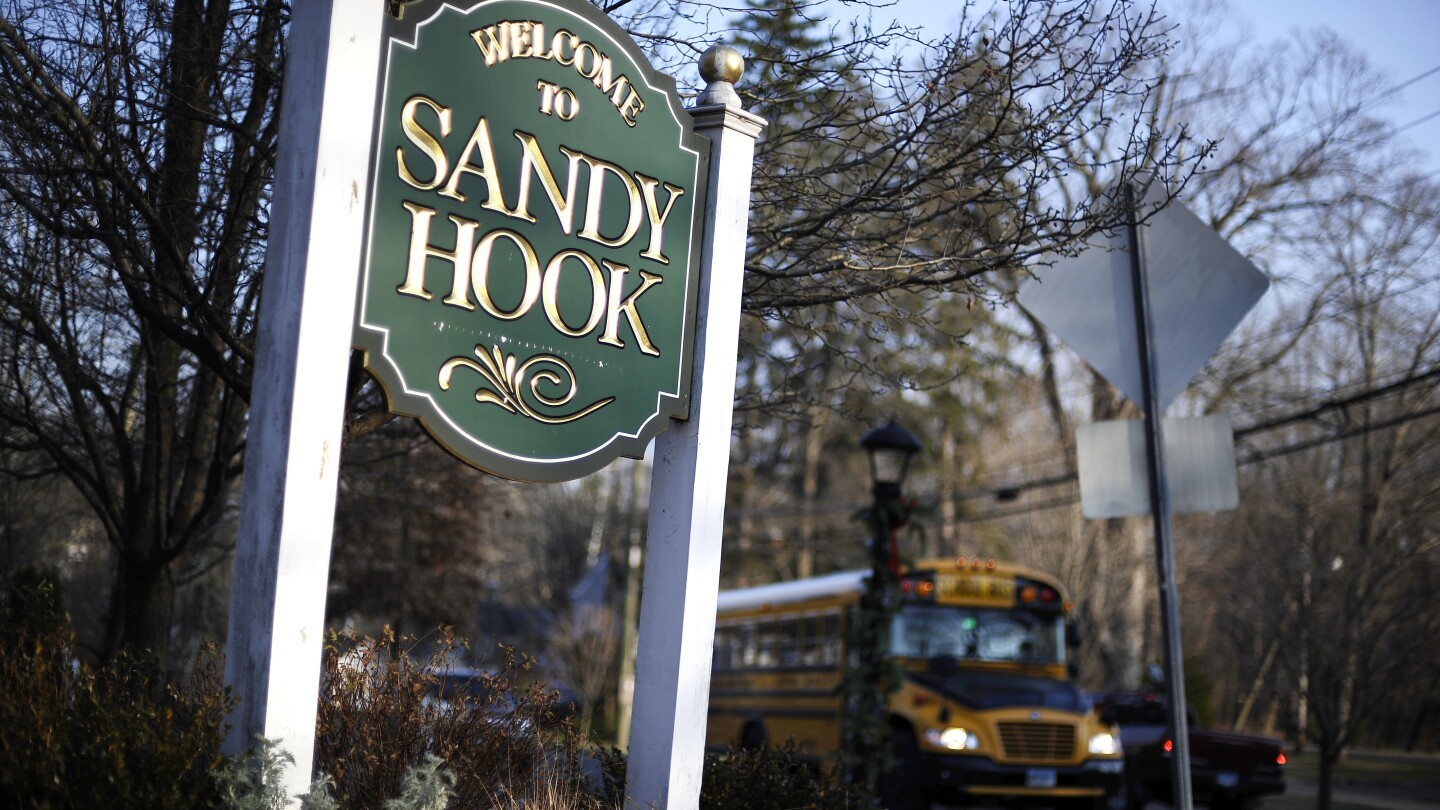Connecticut’s most wide-ranging gun control measure since the 2013 law enacted after the Sandy Hook Elementary School shooting takes effect Sunday, with proponents vowing to pursue more gun legislation despite legal challenges happening across the country.
The new law, signed by Democratic Gov. Ned Lamont in June, bans the open carrying of firearms and prohibits the sale of more than three handguns within 30 days to any one person, with some exceptions for instructors and others.
“We will not take a break and we cannot stop now, and we will continue to pass life-saving laws until we end gun violence in Connecticut. Our lives depend on it,” said Jeremy Stein, executive director of Connecticut Against Gun Violence.



Generally you’re right, but the reason those rights exist is to protect you when you actually need them. Carrying a gun because there’s a Lynch mob who think you’re the wrong color? Well now the cops in that Lynch mob have what they need to arrest you if not justification for gunning you down right there. This whole business of banning carry started in these very scenarios.
Now that cultural divide is more on economic lines, all these bans have carve outs you can pay your way around. California with the strongest gun bans in the country banned"unsafe handguns", but they created a market by letting you buy ANY handgun you want for typically 2x retail price from a police officer who is exempt and specifically allowed to transfer his exempt guns to you. Cali even lets you own a machine gun if you’re willing to spend $5,000-10,000 on the right lawyer to do the paperwork and make the arrangements with your police chief (requires their signature in addition to checking some procedural boxes beforehand).
Before living in California I lived in New York City, the other most restrictive place in the country. Before the supreme Court ruled on bruen, you could carry a gun anywhere with a carry permit it was quite permissive - the only way to get one was to pay a lawyer who made the arrangements. I never got one myself but knew several people who did and it cost them a few thousand in legal fees plus incidentals.
Open carry was pretty much always banned in the United States.
The early cases make a clear distinction between habitual open, carry and purposive open carry.
Habitual open carry, where you wear your gun as a garment just to show it off, was viewed as a sign of a lawless society. It was looked down upon and was illegal in civil places as a breach of peace.
Purposive open carry was legal at common law for people with an obvious need to carry, such as bankers, stagecoach drivers, and police. That’s why every state’s gun laws read the way they do, for the most part: declaring that carrying is illegal except in specific circumstances, one of which is that the bearer has a permit and the weapon is concealed, another is that the bearer is a police officer, or on their way two and from hunting, or to and from the range, etc.
I don’t feel the need to carve out every specific exemption to something I say.